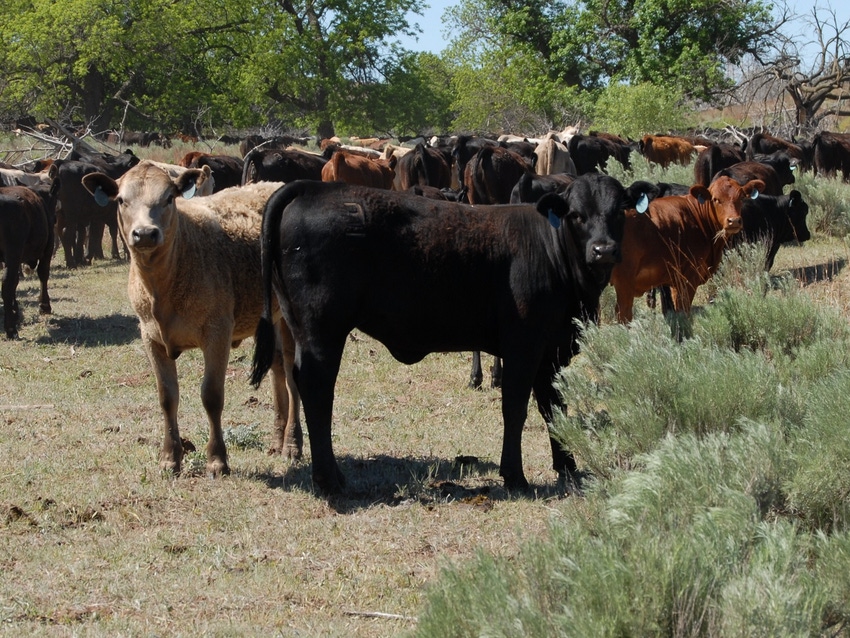
Domestic livestock production has been under fire for a long time. Truth is that we have made our share of mistakes and “uglied up” plenty of country.
However, it is worth remembering that back in the 1930s when an American soap company bought the soybean oil hydrogenation technology from the Germans, a new disease erupted. The soap deal led to oleo, later called margarine and shortening. The hydrogenated vegetable oil was eventually sold as a health food and the American Heart Association was clearly bought and paid for to endorse the substitute for animal fat and butter.
Heart disease became the No. 1 killer in America in less than one generation (1930 to 1960). Half of all the funerals you have attended since 1960 were the deaths caused by or a result of atherosclerosis, and it wasn't caused by animal fat. There is plenty of evidence, if you read and study outside the mainstream media.
Real science proves that atherosclerosis is a man-made disease and that it's tied to these manufactured vegetable products. My colleague and friend Walt Davis has again proven my statements in his newest book, "Do Your Strawberries Taste Red? A Nutritional Delusion." If you are in the cattle business, involved in agriculture, or a card carrying member of the human race, you need to read Walt’s book. Walt has done good research and at 80 years old or so, is worth listening to. I’ll likely do a few add-ons but Walt doesn’t need much help.
I recently read and re-read an article by Virginia farmer and direct marketer Joel Salatin concerning what he described as another diatribe against domestic agriculture. Webster's dictionary defines diatribe as an archaic, prolonged discourse of bitter writing in ironical criticism. The EAT-Lancet Commission Report was published in early January of this year and put together by 37 people that call themselves scientists, led by a Harvard vegetarian. The truth is that manure comes in lots of different forms, but it still stinks.
The paper was funded by the anti-animal crowd, the Norwegian Animal Welfare Alliance and a rich vegan activist that happens to be a Saudi Arabian Prince, plus a bunch more idiots. The United Nations and the World Health Organization were likely involved.
I promise you that the natural model is health-promoting. I also promise that the government’s big interest is money. Our grassfed beef is nutrient dense, health promoting, anti-inflammatory and healing and costs close to $1 per pound to produce on the hoof and close to $6 per pound on the plate.
The “fake meat” grown in labs and lacking in lots of nutrient density and tending to be inflammatory is costing $12 per pound to produce, according to Salatin. Add tax and the price escalates. Locally our sales tax is 9.25% on food. The tax on a pound of grass finished ground beef is 56 cents. If the “fake meat” is retailing at $20 per pound, the tax will be almost $2. Junk food is not cheap, but it will fund a bund of piss-poor government healthcare plans.
The boom or Bust land management and grassfed-beef-based eating nutrition program I recommend builds soil, wildlife, water and air quality, plus animal and people health. It is extremely low cost. Biological dollars are grown rather than manufactured with chemicals, salt fertilizer and tillage.
It is a fact that the “big boys” do not favor us. But the truth is that the big-ag folks live in town. Our cattle and our land and our health is our responsibility. I plan to have fun, but I do not plan for big brother to take care of my family or health.
About the Author(s)
You May Also Like






